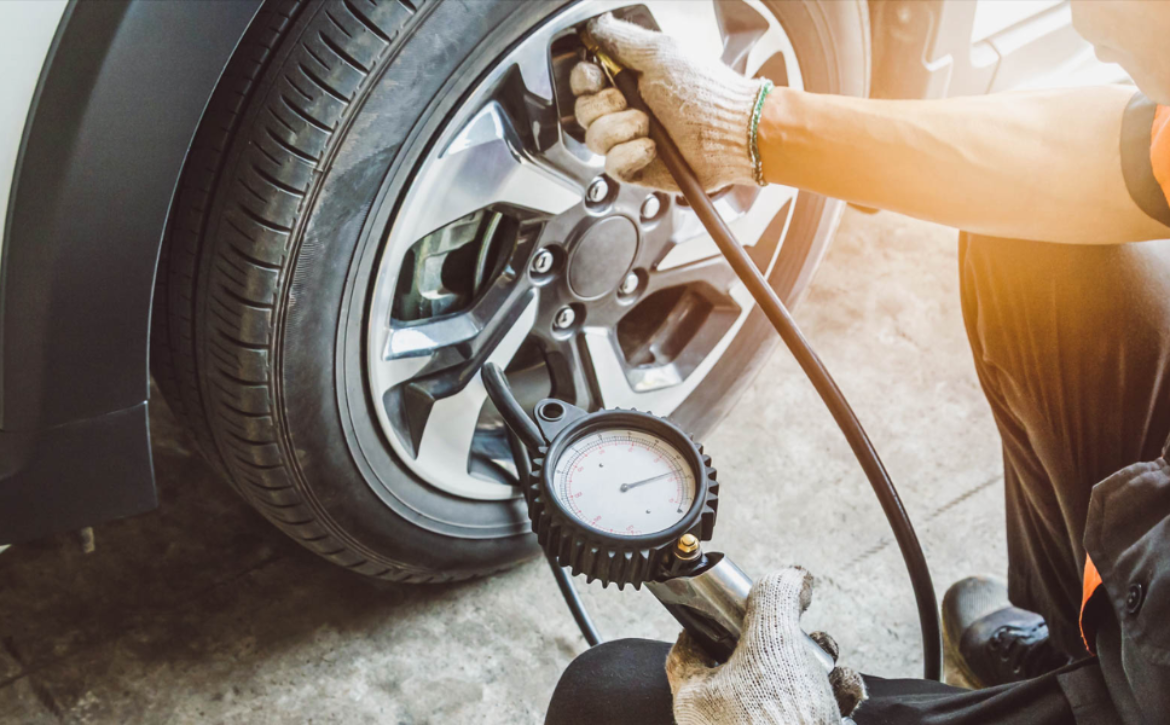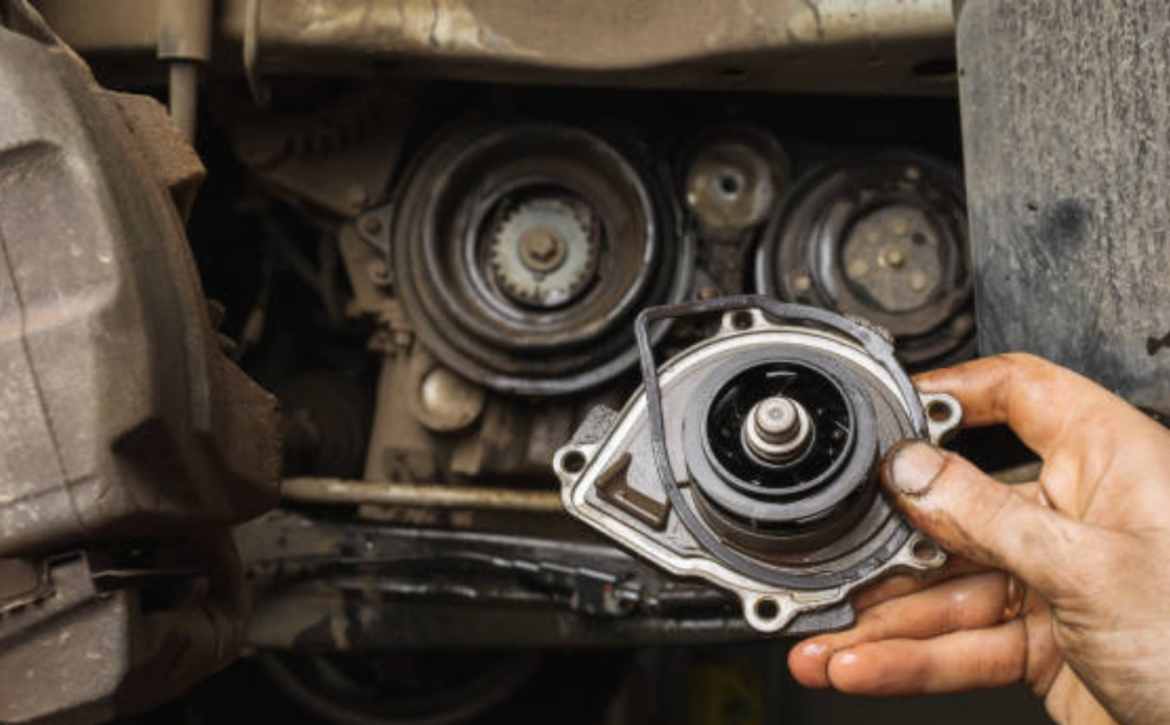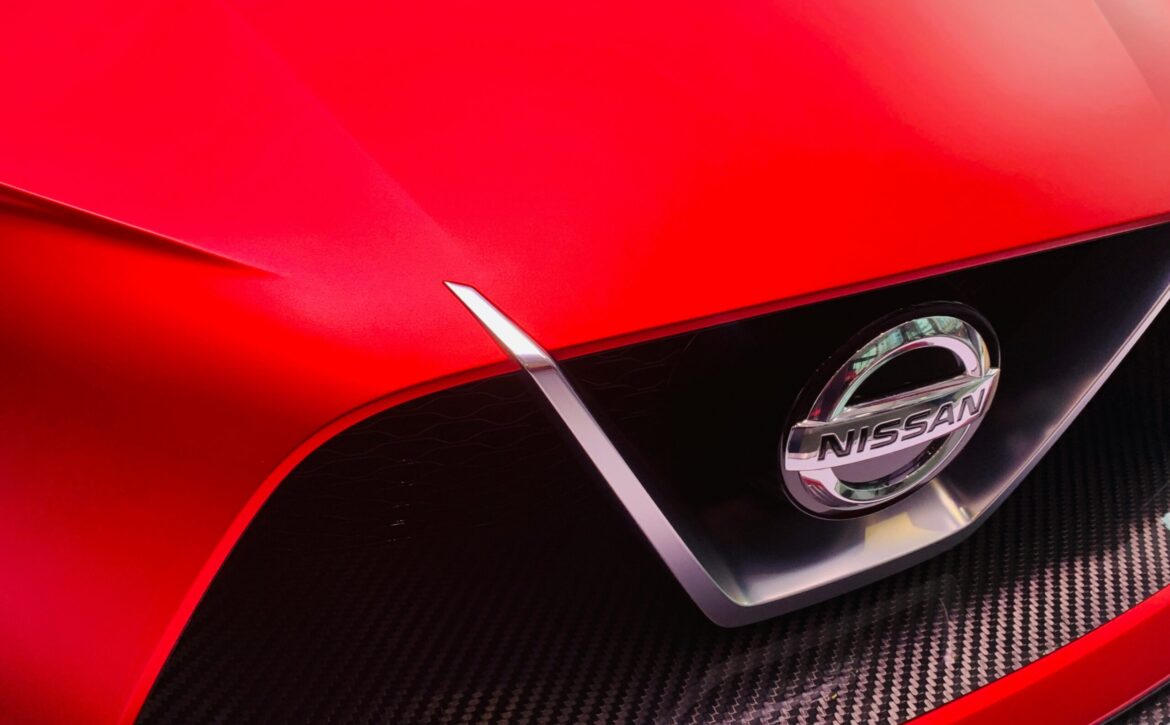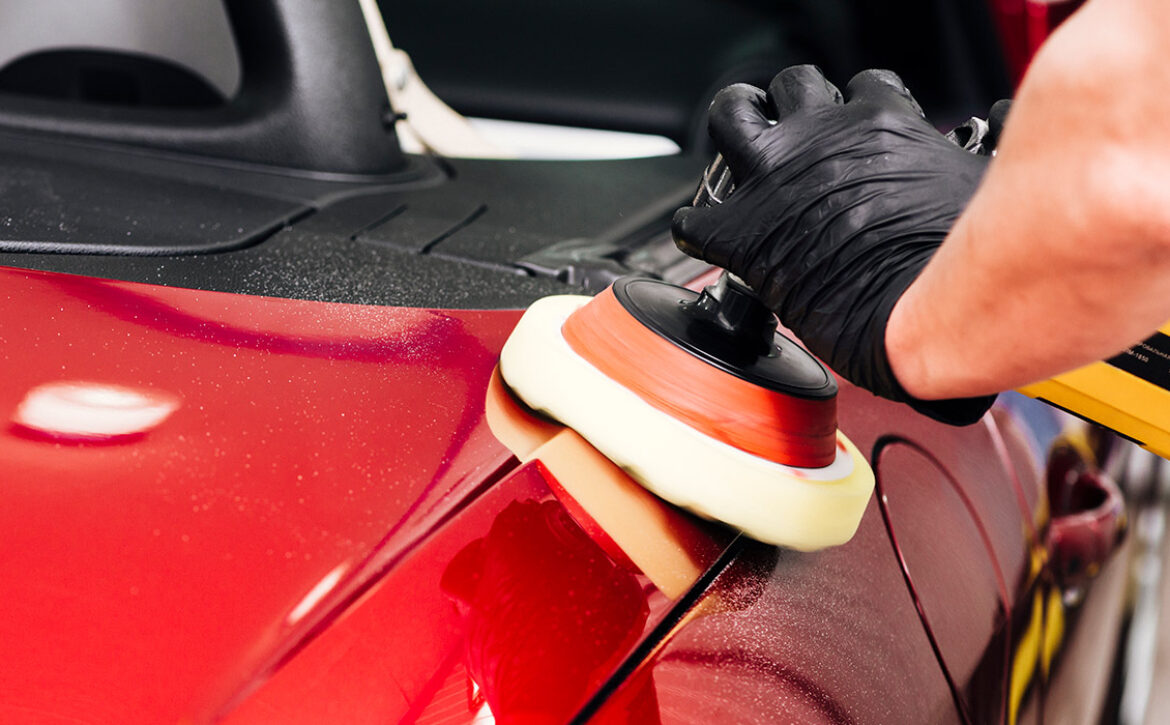Why Regular Tire Checks are Crucial During Dubai Summers?
Dubai’s summers are renowned for their scorching temperatures and relentless sunshine. While many flock to the beaches to soak it up, these conditions pose a significant challenge for your car, particularly your tires. Here’s why regular tire checks become even more crucial during the sweltering Dubai summers:
The Science Behind the Heat:
- Pressure Fluctuations: As the mercury rises, the air inside your tires expands. This can lead to overinflation, which can cause blowouts, reduced handling, and uneven wear. For every 10°C increase in temperature, tire pressure can increase by roughly 1-2 PSI (pounds per square inch).
- Material Breakdown: Extreme heat can make the rubber in your tires more pliable and susceptible to damage from road imperfections or debris. This increases the risk of punctures, cracks, and tread separation.
- Reduced Grip: Hot asphalt translates to less traction for your tires. This can lead to increased stopping distances and difficulty maneuvering, especially during sudden braking or sharp turns.
The Importance of Regular Tire Checks:
- Maintaining Optimal Pressure: Checking your tire pressure at least once a month, and before long journeys, is vital. Consult your car’s manual for the recommended PSI for your tires when cold (not after driving). Consider investing in a reliable tire pressure gauge for regular monitoring.
- Tread Depth Inspection: Worn-out tread diminishes grip and increases the risk of aquaplaning during sudden rain showers. The legal minimum tread depth in the UAE is 1.6 mm. Use a tread depth gauge or the simple coin test to check your tread depth regularly.
- Visual Inspection for Damage: Look for any signs of cracks, bulges, or foreign objects lodged in the tread. Pay close attention to the sidewalls for any signs of cuts or abrasions. Early detection of damage can prevent a minor issue from escalating into a major roadside breakdown.
Additional Tips for Summer Tire Care:
- Park in the Shade: When possible, park your car in a cool, shaded area. This helps minimize heat buildup in the tires.
- Adjust Driving Habits: Avoid harsh acceleration, braking, and cornering. Maintain a safe following distance and adjust your speed according to road conditions.
- Consider Summer Tires: If you’re a frequent driver during the summer months, explore tires specifically designed for hot weather conditions. These tires often have a higher heat tolerance and improved tread compounds for better grip in scorching temperatures.
- Tire Rotation: Regularly rotating your tires ensures even wear and tear, extending their lifespan. Consult your car’s manual or a tire professional for the recommended rotation schedule.
The Benefits of Regular Tire Checks:
- Enhanced Safety: Properly inflated and well-maintained tires provide optimal grip and handling, reducing the risk of accidents and breakdowns.
- Peace of Mind: Knowing your tires are in good condition allows you to drive with confidence, especially during long journeys or on unfamiliar roads.
- Extended Tire Life: Regular checks and proper care can significantly extend the lifespan of your tires, saving you money on replacements in the long run.
- Fuel Efficiency: Properly inflated tires contribute to better fuel economy. Overinflated or underinflated tires can increase rolling resistance, leading to higher fuel consumption.
Taking Care of Your Tires: A Summer Essential
By incorporating regular tire checks into your summer car maintenance routine, you’re not just protecting your tires, you’re ensuring your safety and the safety of others on the road. Remember, a little effort goes a long way, especially in Dubai’s unforgiving summer heat.
Bonus Tip: During the summer, consider keeping a basic emergency kit in your car. This should include a flashlight, jumper cables, a first-aid kit, and a bottle of water. In case of a tire breakdown, being prepared can make a significant difference.
Follow us on : Instagram
Drive Safe and Enjoy the Dubai Summer!
By following these simple tips and incorporating regular tire checks into your summer routine, you can ensure a safe and enjoyable driving experience for yourself and your passengers.














